Utilizing Virtual Reality in Marketing Education
In today's digital age, technology is rapidly evolving and changing the way we live, work, and learn. One of the most exciting advancements in recent years is virtual reality (VR).
- 1/1/2024
- 6 min read
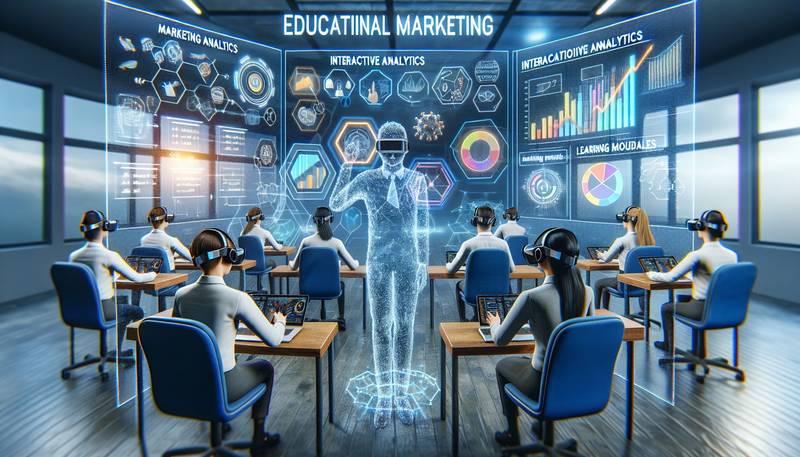 Click
to read the article
Click
to read the article
VR technology has the potential to revolutionize the field of marketing education by providing students with immersive and interactive learning experiences that were previously impossible. By utilizing VR in marketing education, students can gain a deeper understanding of marketing concepts, strategies, and tactics while also developing valuable skills that will prepare them for careers in the fast-paced and ever-changing marketing industry.
The Benefits of Utilizing Virtual Reality in Marketing Education
There are numerous benefits to incorporating VR technology into marketing education. One of the main advantages is that VR allows students to experience marketing concepts in a more immersive and engaging way. By using VR headsets, students can be transported to virtual environments where they can interact with marketing campaigns, conduct market research, and engage with consumers. This hands-on approach to learning helps students better understand complex marketing concepts and strategies by experiencing them firsthand.
Another benefit of using VR in marketing education is that it allows for greater customization and personalization of the learning experience. Educators can create tailored VR experiences that cater to different learning styles and preferences, ensuring that all students have the opportunity to engage with the material in a way that resonates with them. This personalized approach can help increase student engagement and retention, ultimately leading to better learning outcomes.
In addition, VR technology can also help bridge the gap between theory and practice in marketing education. By simulating real-world marketing scenarios in a virtual environment, students can apply their knowledge and skills in a risk-free setting. This hands-on experience can help students develop critical thinking, problem-solving, and decision-making skills that are essential for success in the marketing industry. Furthermore, VR can also provide students with valuable feedback and insights that can help them improve their marketing strategies and tactics.
Practical Applications of Virtual Reality in Marketing Education
There are countless practical applications of VR technology in marketing education. One such application is the use of VR simulations to teach students about consumer behavior and market research. By creating virtual environments that replicate real-world shopping experiences, students can observe and analyze consumer behavior in a way that is not possible in traditional classroom settings. This hands-on experience can help students develop a deeper understanding of consumer psychology and decision-making processes, which are crucial for developing effective marketing strategies.
Another practical application of VR in marketing education is the use of immersive storytelling techniques. By creating interactive VR experiences that tell a story about a brand, product, or marketing campaign, students can learn how to effectively communicate with consumers and create engaging and compelling narratives. This storytelling approach can help students develop their creativity, communication skills, and emotional intelligence, all of which are essential for success in the marketing industry.
Furthermore, VR technology can also be used to teach students about emerging trends and technologies in marketing, such as virtual shopping experiences, augmented reality advertising, and influencer marketing. By exposing students to these innovative marketing strategies in a virtual setting, educators can help prepare them for the rapidly evolving landscape of the marketing industry. This exposure can also inspire students to think creatively and experiment with new ideas, ultimately helping them become more adaptive and resilient marketers.
Challenges and Considerations
While the benefits of utilizing VR in marketing education are clear, there are also some challenges and considerations that educators must take into account when incorporating this technology into their curriculum. One of the main challenges is the cost of VR equipment and software, which can be prohibitive for some educational institutions. However, as VR technology continues to advance and become more affordable, this barrier is likely to become less significant over time.
Another challenge is the need for educators to receive proper training and support in order to effectively integrate VR into their teaching practices. Educators must be familiar with the technology and its capabilities in order to create meaningful and impactful learning experiences for their students. Additionally, educators must also consider issues related to accessibility and inclusivity, ensuring that all students have equal opportunities to engage with VR technology regardless of their background or abilities.
Furthermore, educators must also be mindful of potential ethical considerations when using VR in marketing education. For example, educators must ensure that VR experiences are designed in a way that respects the privacy and autonomy of students, and that they do not perpetuate harmful stereotypes or biases. By addressing these ethical considerations proactively, educators can create a safe and supportive learning environment that promotes inclusivity and diversity.
Conclusion
In conclusion, virtual reality technology has the potential to transform marketing education by providing students with immersive and interactive learning experiences that enhance their understanding of marketing concepts and strategies. By incorporating VR into the curriculum, educators can create personalized and engaging learning experiences that help students develop essential skills for success in the marketing industry. While there are challenges and considerations that must be addressed, the benefits of utilizing VR in marketing education far outweigh the potential drawbacks. As VR technology continues to advance and become more accessible, it is clear that the future of marketing education is bright and full of exciting opportunities for innovation and growth.
Recent posts
Random news

The Growth of E-commerce and its Impact on Marketing Education
- 2023-12-25T00:00:00Z

The Relevance of Guerrilla Marketing in Educational Curricula
- 2024-01-01T00:00:00Z

Teaching Customer-Centric Marketing Strategies
- 2023-12-30T00:00:00Z

Utilizing Case Studies in Marketing Education for Real-World Learning
- 2024-01-15T00:00:00Z

Sustainability and Ethics in Modern Marketing Education
- 2024-02-27T00:00:00Z

Leveraging Big Data in Marketing Education
- 2023-12-31T00:00:00Z

Personal Branding and its Importance in Marketing Education
- 2024-02-10T00:00:00Z

Adapting to Change: Agile Methodologies in Marketing Education
- 2024-02-14T00:00:00Z
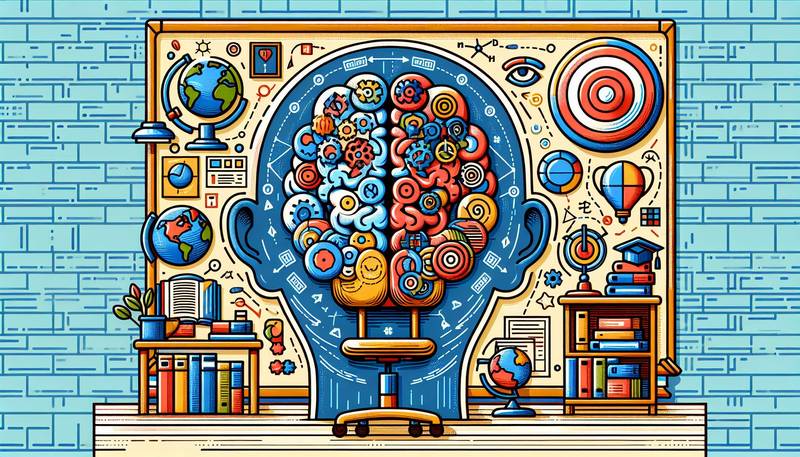
The Intersection of Psychology and Marketing in Educational Programs
- 2024-01-14T00:00:00Z

Content Marketing: Crafting a Core Component of Marketing Education
- 2023-12-18T00:00:00Z
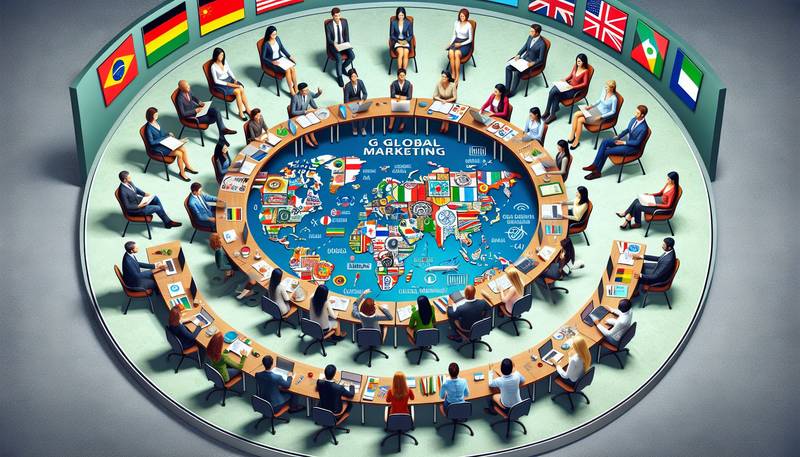
The Importance of Cultural Competency in Global Marketing Education
- 2024-01-15T00:00:00Z

Building a Successful Career in Marketing through Education
- 2024-01-04T00:00:00Z

The Power of Visual Storytelling in Marketing Education
- 2024-02-05T00:00:00Z

Influencer Marketing: Teaching the New Age of Endorsement
- 2024-02-09T00:00:00Z

Building Collaborative Skills in Marketing Students through Team-Based Projects
- 2024-02-10T00:00:00Z

Email Marketing: An Indispensable Skill in Marketing Education
- 2024-01-27T00:00:00Z

Blending Traditional and Digital Marketing in Education Programs
- 2024-02-20T00:00:00Z
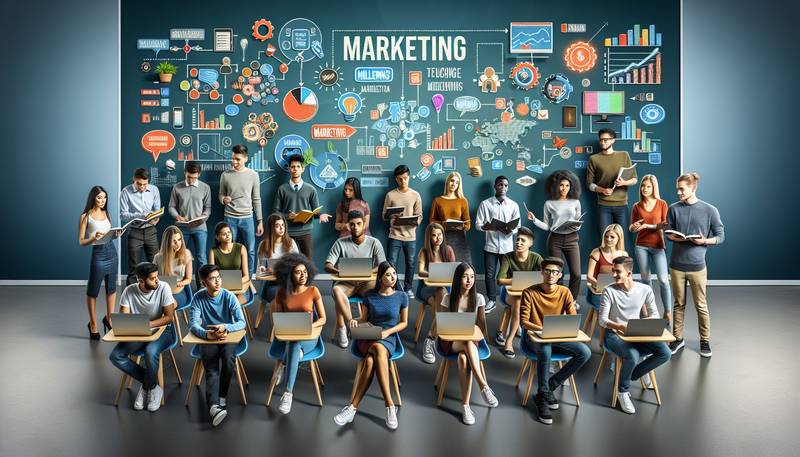
Engaging Millennials and Gen Z in Marketing Education
- 2024-01-10T00:00:00Z

Branding Basics: An Essential Course in Marketing Education
- 2024-02-27T00:00:00Z

Mobile Marketing: Education for the Smartphone Era
- 2024-01-13T00:00:00Z

The Synergy between Marketing and Sales: An Educational Perspective
- 2024-02-26T00:00:00Z

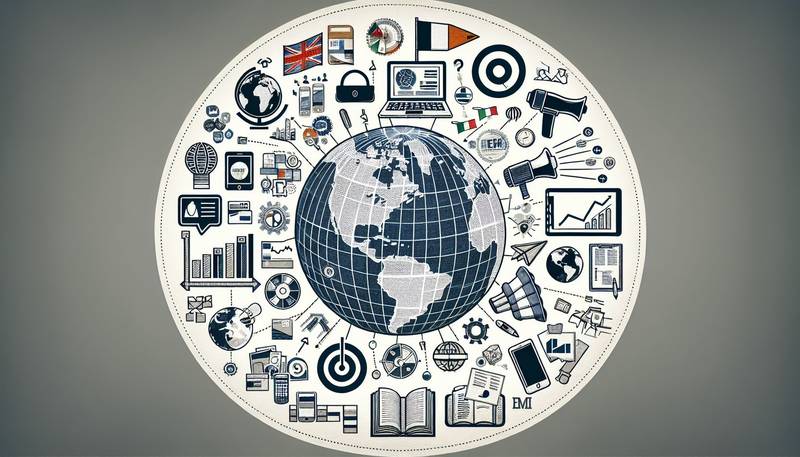
Cross-Cultural Marketing Education: Preparing for Global Challenges
- 2024-03-02T00:00:00Z

Staying Ahead: Continuous Learning in Marketing
- 2023-12-04T00:00:00Z

From Concept to Market: The Product Development Process
- 2024-02-25T00:00:00Z

Personal Selling and Sales Management in Marketing Education
- 2023-12-30T00:00:00Z

How to Design an Effective Marketing Education Curriculum
- 2024-03-01T00:00:00Z

Teaching the Future: Predictive Analytics in Marketing Education
- 2023-12-03T00:00:00Z

Developing Leadership Skills through Marketing Education
- 2024-02-13T00:00:00Z

Marketing Automation: Teaching the Tools of Efficiency
- 2023-12-18T00:00:00Z

Crisis Management and Communication in Marketing Education
- 2024-01-14T00:00:00Z
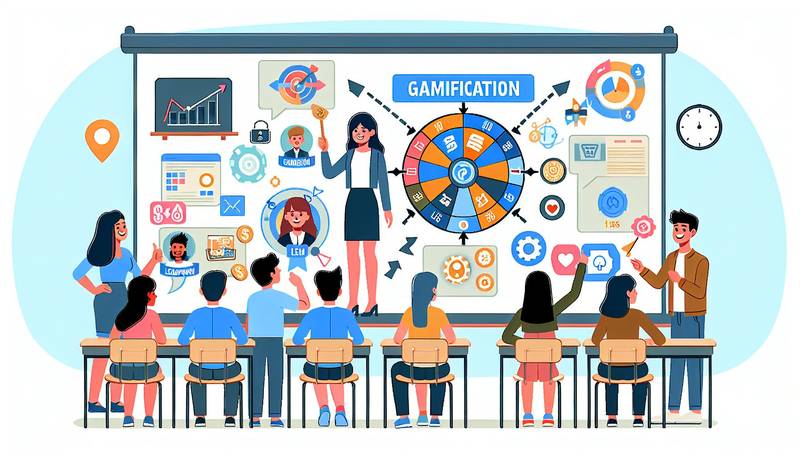
How to Effectively Use Gamification in Marketing Education
- 2024-03-01T00:00:00Z

Understanding the Marketing Mix in Today's Digital World
- 2024-01-20T00:00:00Z

Understanding Consumer Behavior: A Foundation of Marketing Education
- 2024-01-07T00:00:00Z

Emerging Trends in Marketing Education for the 21st Century
- 2024-02-06T00:00:00Z

Mastering the Fundamentals of Marketing Education
- 2023-12-17T00:00:00Z

Integrating Customer Feedback into Marketing Educational Programs
- 2023-12-21T00:00:00Z

The Future of Marketing Education: Predictions and Preparations
- 2024-03-11T00:00:00Z

Integrating Digital Tools into Marketing Education
- 2024-02-22T00:00:00Z

Strategic Marketing Planning: A Key Focus in Marketing Education
- 2024-02-23T00:00:00Z

From Classroom to Career: Marketing Education Pathways
- 2024-03-04T00:00:00Z

The Advantages of Online Marketing Education
- 2024-02-23T00:00:00Z

The Impact of AI and Automation on Marketing Education
- 2023-12-11T00:00:00Z

Utilizing Virtual Reality in Marketing Education
- 2024-01-01T00:00:00Z

Collaborative Learning in Marketing Education: Benefits and Strategies
- 2023-12-30T00:00:00Z

The Significance of Customer Relationship Management in Marketing Education
- 2024-01-29T00:00:00Z

Public Relations and Its Role in a Marketing Education
- 2023-12-11T00:00:00Z

Search Engine Optimization: A Must-Have Skill in Marketing Education
- 2024-02-15T00:00:00Z
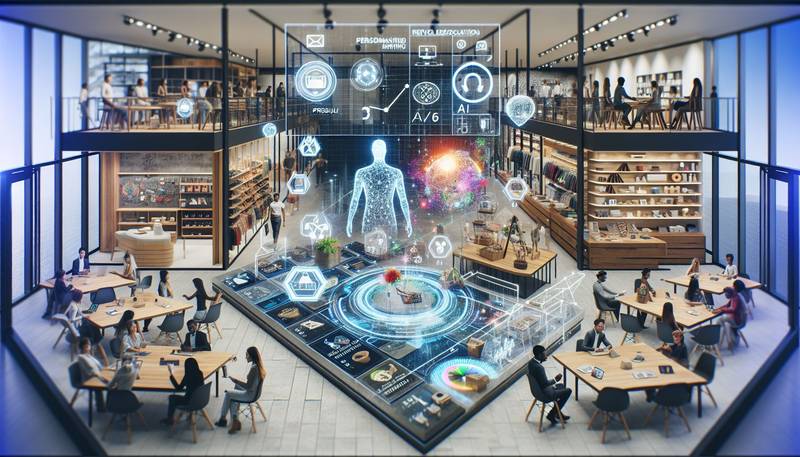
Innovation in Retail Marketing: Trends and Education
- 2024-03-07T00:00:00Z
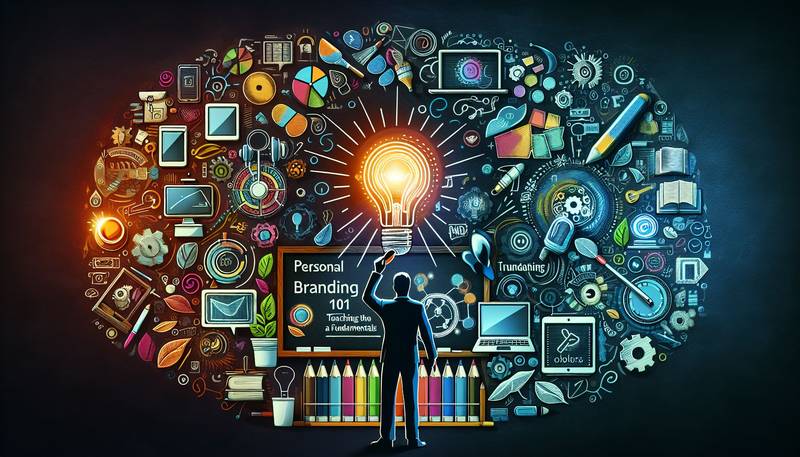
Personal Branding 101: Teaching the Fundamentals in a Digital Age
- 2023-12-03T00:00:00Z

The Role of Experiential Learning in Shaping Tomorrow's Marketing Leaders
- 2024-02-16T00:00:00Z
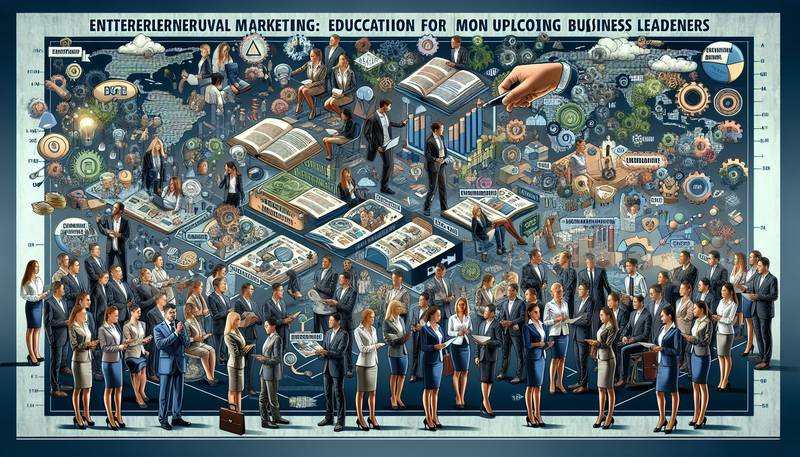
Entrepreneurial Marketing: Education for Upcoming Business Leaders
- 2024-01-06T00:00:00Z

Building and Managing Strong Brands: A Marketing Education Focus
- 2024-02-05T00:00:00Z
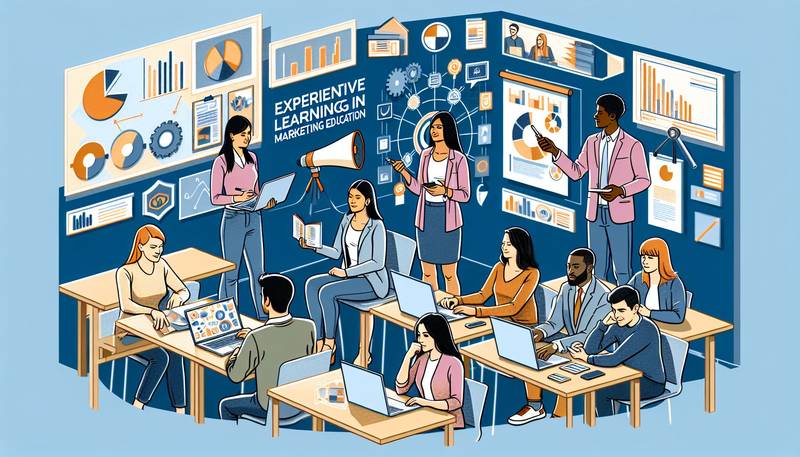
The Benefits of Experiential Learning in Marketing Education
- 2024-01-05T00:00:00Z

Developing Effective Marketing Communications Strategies
- 2024-01-30T00:00:00Z
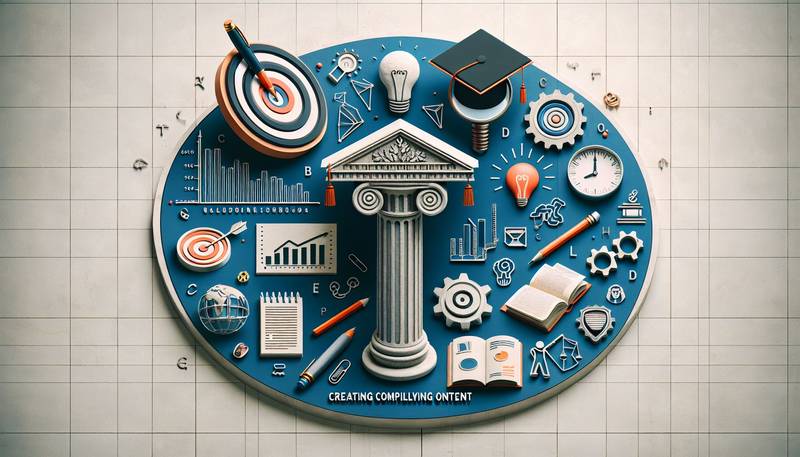
Creating Compelling Content: A Pillar of Marketing Education
- 2024-02-04T00:00:00Z

Viral Marketing: Strategies and Education
- 2024-01-22T00:00:00Z

Teaching the Importance of Market Research in Decision Making
- 2024-03-07T00:00:00Z

Teaching the Art and Science of Pricing Strategies in Marketing
- 2024-01-10T00:00:00Z
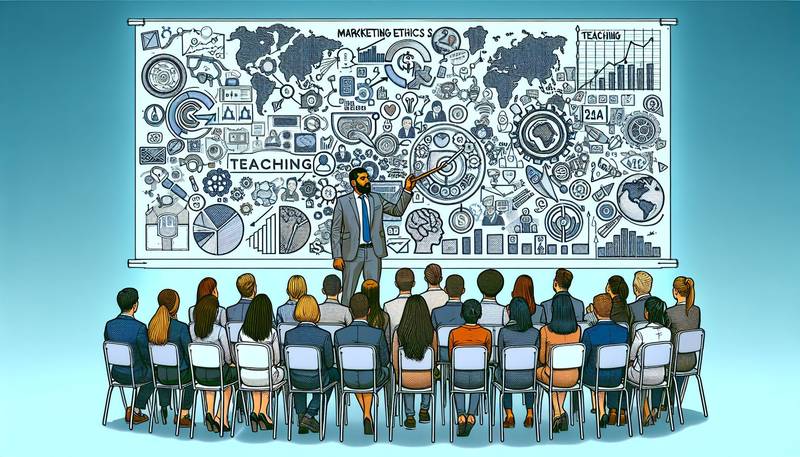
Challenges and Solutions in Teaching Marketing Ethics
- 2023-12-04T00:00:00Z

The Importance of User Experience (UX) in Marketing
- 2023-12-10T00:00:00Z

Direct Marketing Techniques in the Educational Curriculum
- 2023-12-21T00:00:00Z

The Evolution of Marketing Education in the Digital Era
- 2023-12-14T00:00:00Z

The Role of Social Media in Modern Marketing Education
- 2024-03-10T00:00:00Z

Digital Advertising: A Core Subject in Marketing Education Today
- 2024-02-02T00:00:00Z
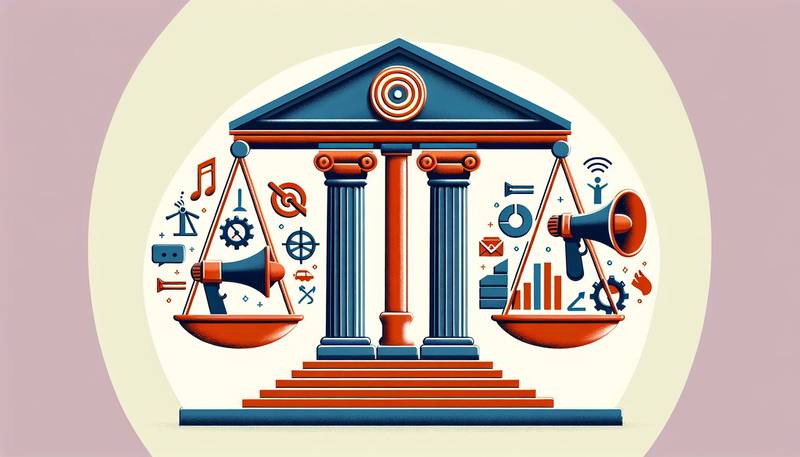
Teaching the Legal Aspects of Marketing
- 2023-12-04T00:00:00Z

Web Analytics and Digital Insights for Marketing Professionals
- 2024-01-05T00:00:00Z

The Role of Storytelling in Effective Marketing Education
- 2023-12-26T00:00:00Z

Sustainability and Ethics in Marketing: Incorporating Modern Values into Education
- 2024-02-23T00:00:00Z

Leveraging Social Media in Marketing Education: Opportunities and Challenges
- 2024-01-08T00:00:00Z

Nurturing Creativity and Innovation in Marketing Students
- 2024-02-13T00:00:00Z

Bridging the Gap between Theory and Practice in Marketing Education
- 2024-01-05T00:00:00Z

The Role of Internships in Enhancing Marketing Education
- 2023-12-25T00:00:00Z

The Importance of Analytics in Marketing Education
- 2024-02-25T00:00:00Z

The Role of Design Thinking in Marketing Education
- 2023-12-06T00:00:00Z

The Importance of Creativity in Marketing Education
- 2024-01-16T00:00:00Z

Event Marketing: Education for Memorable Brand Experiences
- 2024-01-21T00:00:00Z

Evaluating Marketing Education: Metrics for Success
- 2023-12-18T00:00:00Z

Global Marketing Strategies: Education for a Borderless World
- 2024-02-07T00:00:00Z

Navigating the World of Affiliate Marketing in Educational Programs
- 2024-01-15T00:00:00Z

The Importance of Networking in Marketing Education
- 2024-01-30T00:00:00Z

B2B Marketing: Developing Skills for the Business Market
- 2023-12-25T00:00:00Z

How Technology is Reshaping Marketing Education
- 2024-01-27T00:00:00Z

The Evolution of Marketing Education: Preparing Students for a Data-Driven World
- 2023-12-21T00:00:00Z

Effective Use of Social Listening Tools in Marketing
- 2024-02-18T00:00:00Z

From Classroom to Boardroom: Real-World Applications of Marketing Theories
- 2024-02-04T00:00:00Z

Exploring the Intersection of Psychology and Marketing in Educational Programs
- 2024-02-16T00:00:00Z

Marketing for Social Impact: Education for Change
- 2023-12-10T00:00:00Z

Lifestyle Marketing: Connecting Brands with Consumers' Lives
- 2024-01-05T00:00:00Z

Developing a Global Mindset through Marketing Education
- 2024-02-23T00:00:00Z

Enhancing Digital Literacy in Marketing Education
- 2024-02-07T00:00:00Z

Adapting Marketing Strategies for the Non-Profit Sector
- 2024-03-04T00:00:00Z

Marketing to Millennials: Challenges and Strategies
- 2024-02-20T00:00:00Z

The Role of Data Privacy in Marketing Education
- 2023-12-19T00:00:00Z

The Art of Convincing: Persuasion Techniques in Marketing
- 2024-02-06T00:00:00Z

Preparing Marketers for the Challenges of Globalization
- 2024-01-25T00:00:00Z

Bridging the Gap: Integrating Digital Tools into Traditional Marketing Curriculum
- 2024-02-04T00:00:00Z

Crowdfunding as a Marketing Tool: An Educational Perspective
- 2023-12-11T00:00:00Z

Navigating the Future of Marketing Education: Trends and Innovations
- 2023-12-08T00:00:00Z

Cultivating Strategic Thinking in Marketers through Education
- 2023-12-06T00:00:00Z
 Marketing Minds: Unleashing Your Potential in the Modern Age
Marketing Minds: Unleashing Your Potential in the Modern Age